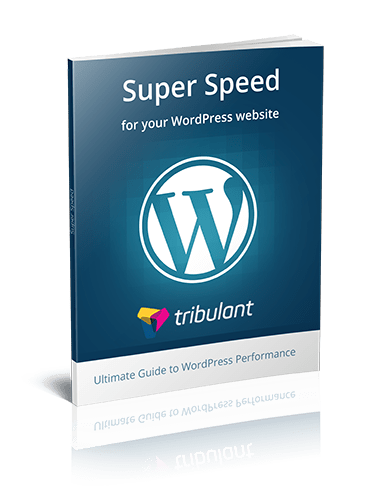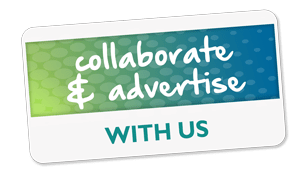
6 Key Factors To Consider Before Starting Your Podcast

A podcast is a powerful way to convey a message to a target audience. It helps establish a content marketing strategy for any business, but it’s also a way to share informative or entertaining content. Creating a podcast is easy if you have the right equipment and software. Although, certain factors are crucial in gaining the proper traction.
In recent years, podcast subscribers have continued to rise. This is because it’s an effective way to voice out your ideas, especially if you have an audience eager to listen to what you have to say.
If you’re planning to create a podcast soon, you have to know it’s more than just talking on a microphone. When you’re longing to make the most out of this platform, checking out Melon’s Guide on starting a podcast and other reliable sources would be a good starting point to learn the basics.
To help you get started on the right path, here are several key factors to consider before starting your podcast.
- Niche
You can have a good start with your podcast by determining a niche that works best with your ideas. Doing so will help maintain a focus and impart a cohesive flow. This could be determined by brainstorming on a topic people might be interested in. If you have specific skills or knowledge base, it would be a good starting point for your podcast.
- Target Audience
Often, the best way to determine your niche is to create a profile of your target audience. If you truly understand the type of audience listening to your podcast, it’ll be easier to create appealing content they’ll look forward to. Make sure to determine the average age of your listeners, geographic location, their interests, and what online platforms they engage in the most. For instance, if you are using the Discord platform you may find out several techniques about how to deal with your members. You may certainly read more about all the tips and techniques and also to buy members on Discord to increase your engagement in the shortest possible time.
- Format Or Flow
Now that you know your niche and target audience, the next step is to decide how to run your podcast. One of the favorite aspects of podcasts is the conversational but structured narrative. With this in mind, you need to think of a seamless format.
When organizing your podcast, base it on a story or theme you want to share. While you’re at it, break down an episode into different parts to prevent it from becoming monotonous. Maintaining a regular, straightforward format will provide your listeners with a basis on what to expect every week. Avoid changing your structure since your audience can get confused or disappointed.
Also, don’t forget about the timeline. You have to decide whether it’s bi-weekly, weekly, or monthly. Choose a timetable that works for you. Remember that consistency is one of the crucial elements to building and growing an audience. One consideration is to set time in creating multiple podcasts to make a selection of content you can release in the next few weeks or months.
- Podcasting Setup

Once you have a focus and format for your podcast, it’s time to invest in a good podcasting setup to get you started.
For beginners, it might be best to invest in minimal podcast equipment that’s easy to set up. Make sure it doesn’t strain your finances but produces superior audio quality. Also, most podcasters today use a plug-and-play podcast microphone that gets the job done.
Aside from the podcasting equipment, it would be best to choose a reliable podcast recording software. Today, you’re likely to find a good selection of affordable options that produce good-quality video and audio.
Before your first recording session, it’s best to practice first with your recording and editing software. The main objective is to be comfortable while speaking and recording as well as working on the edit. The location where you’ll be recording your podcasts is also an important consideration. Look for a sound-friendly site while recording to ensure good audio quality.
- Hosting And Streaming Service
Once you’re ready with your podcast, you also need to find the right hosting and streaming services. Today, you can find a selection of hosting sites. Some offer the service for free, while others usually charge a monthly or yearly fee.
After selecting a reliable hosting service, you can present your podcast to popular streaming channels so your audience can readily access your content.
- Website
One way to help your podcast gain popularity is with the help of a website. Your website is where your audience can learn more about your show.
A website can make your podcast readily accessible and interactive. Make sure to add transcripts and show highlights. Sharing this information helps with Search Engine Optimization (SEO), and encourages your audience to share your content. It’s also an excellent venue to provide any links to topics you’ve discussed in your show. Additionally, you can share any affiliate or partner links to products mentioned in your podcasts.
Conclusion
Making the necessary preparations for wanting a good start in podcasting is crucial. Remember, starting a podcast involves planning and organizing while keeping in mind both your objectives and the needs of your audience. This would then help create good-quality and consistent content.
Eric Urcia is still a neophyte in blogging but was able to gain loyal followers through the years because of his unique blogs. Aside from regularly updating his blogs with high-quality content, Eric also partners with other websites to submit guest posts.
Beautiful Newsletter Templates
Professional newsletter templates that are fully responsive for desktop, tablet, and mobile. They are 100% cross-client compatible.




No comments yet